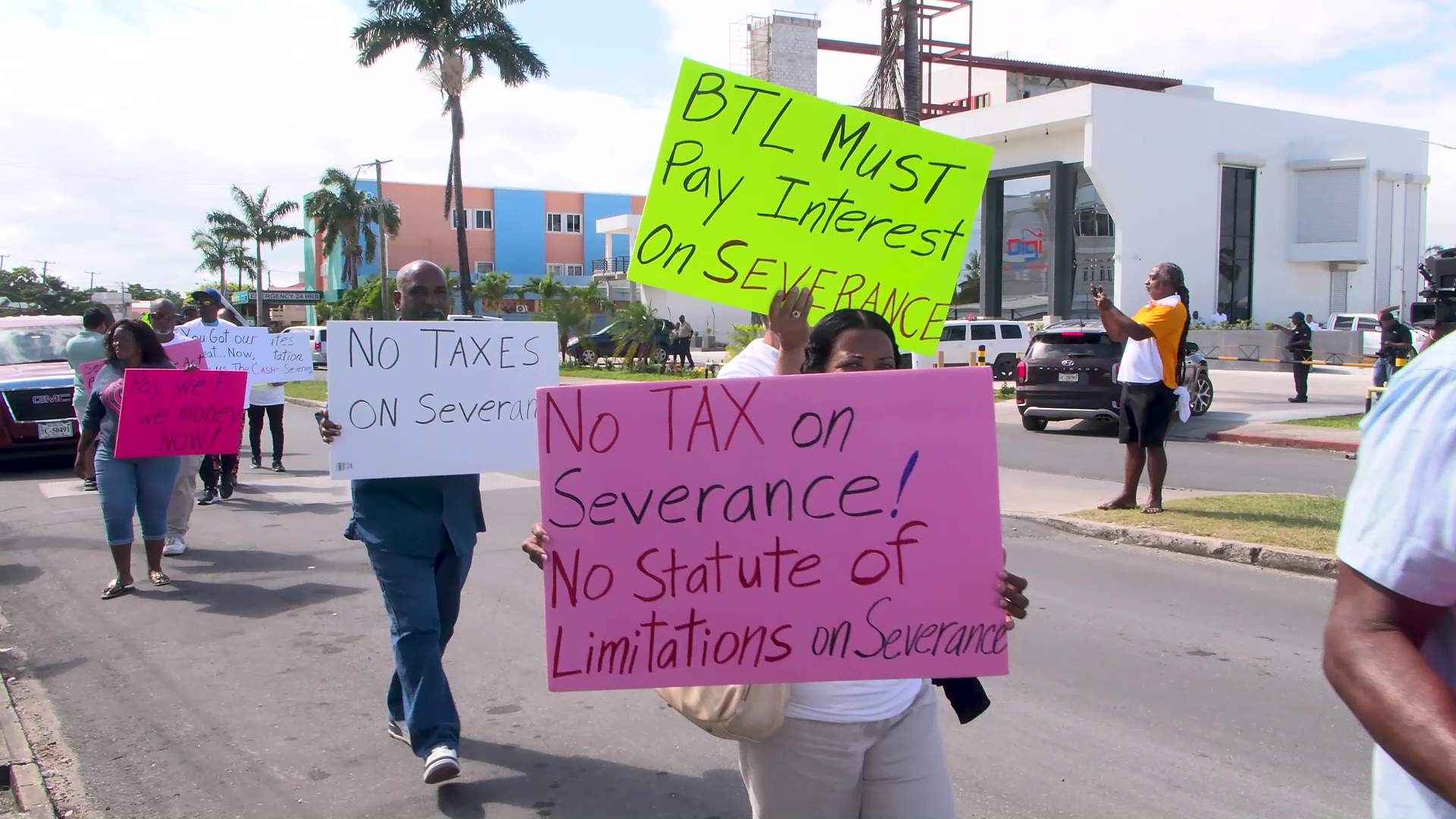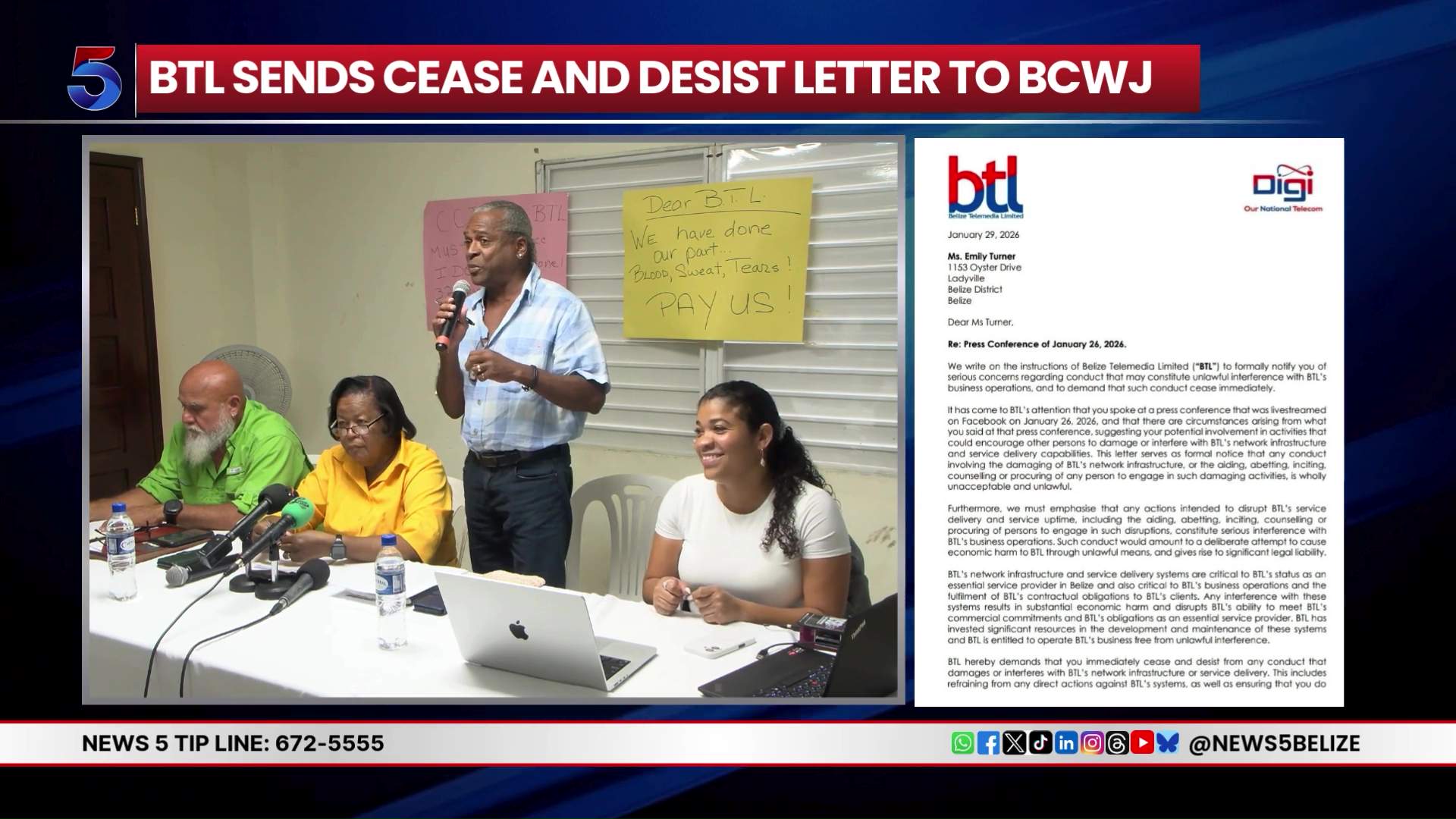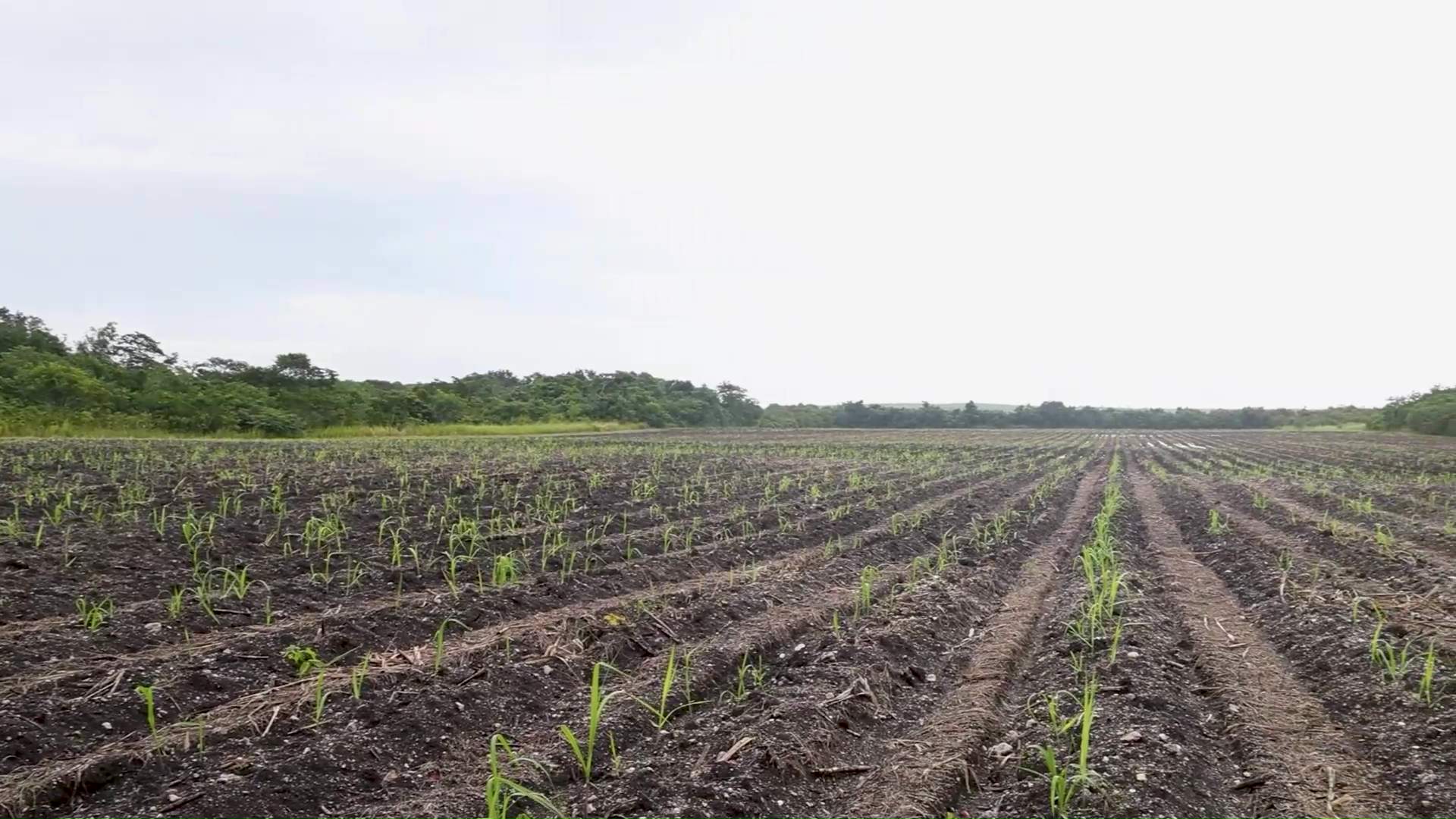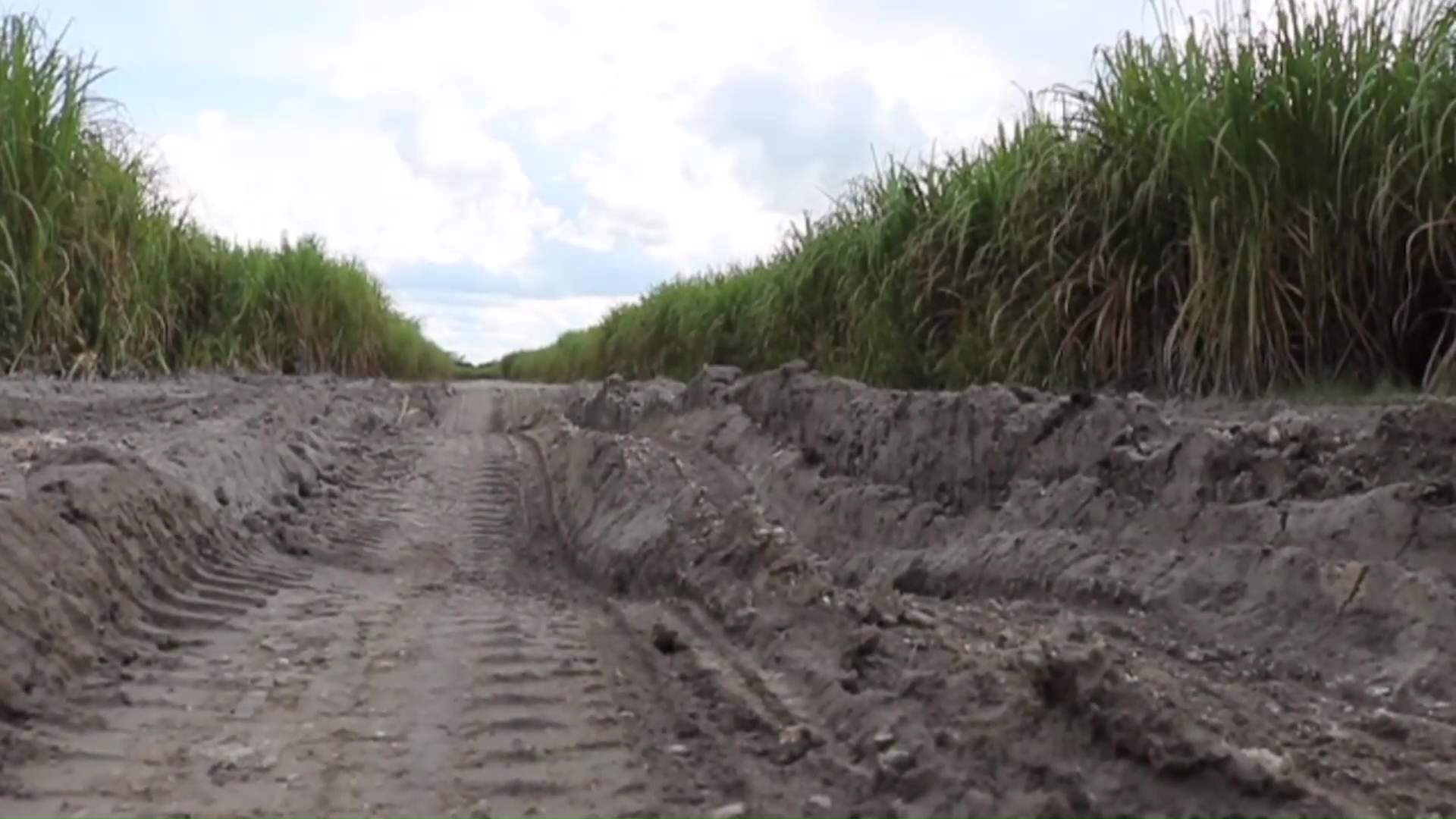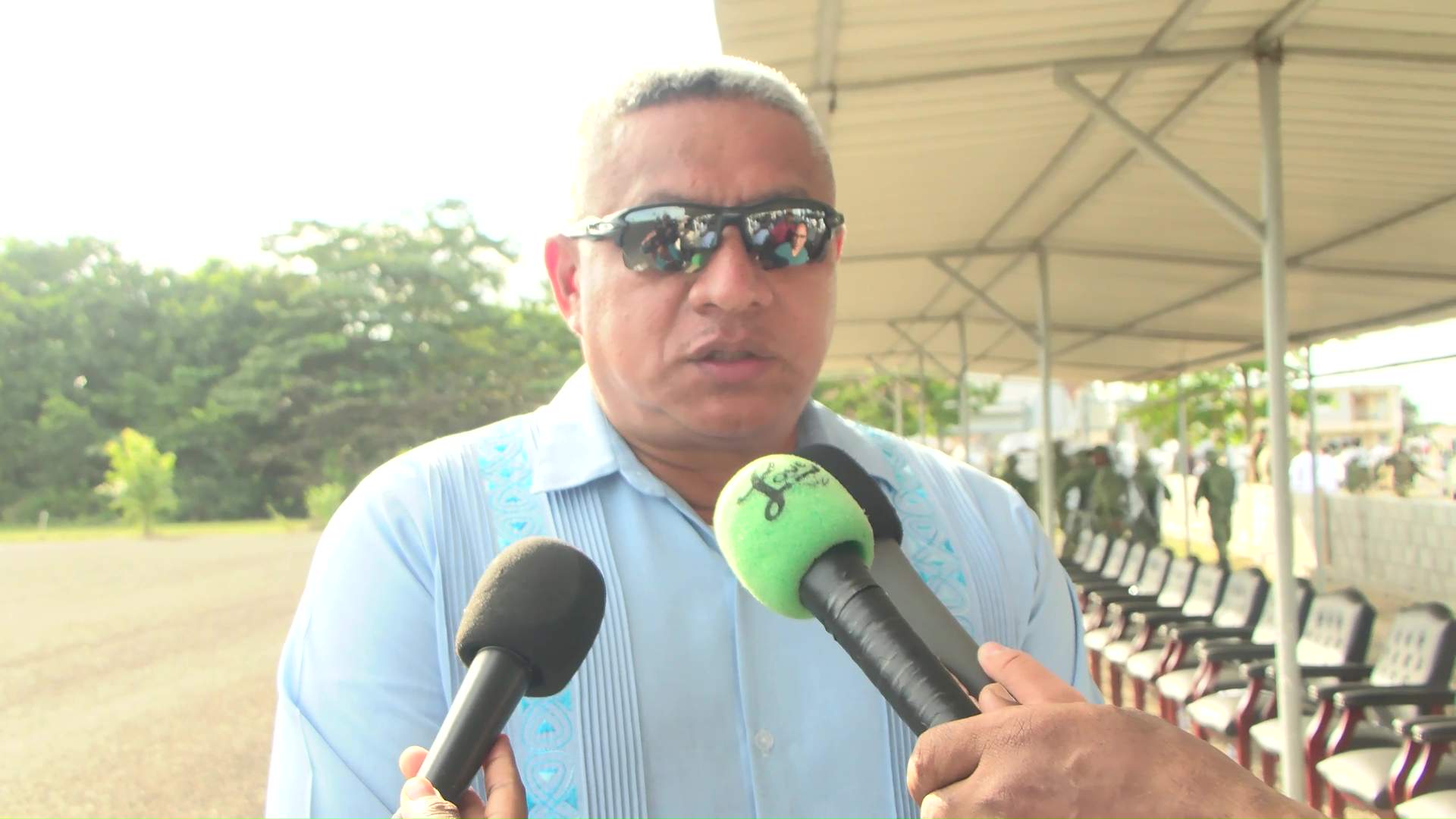BELIZE CITY – A tense standoff has erupted between Belize Telemedia Limited (BTL) and its former employees as retired workers intensify demands for severance payments legally mandated by a landmark judicial ruling. The Belize Communications Workers for Justice organization has initiated a multi-day demonstration outside BTL’s corporate headquarters, signaling the collapse of diplomatic negotiations after months of unresolved appeals.
The conflict stems from a November 2025 Caribbean Court of Justice (CCJ) decision that established a precedent requiring companies to pay severance to retired employees under the Belize Labour Act, regardless of pension status. While the original ruling applied to ten former employees, the decision has paved the way for dozens of additional retirees to come forward with similar claims.
Emily Turner, former President of the Belize Communication Workers Union, articulated the protesters’ frustration: ‘We have exhausted all diplomatic channels through numerous letters and appeals. The period for negotiation has concluded—we demand concrete dates for payment disbursement to all affected individuals, not selective settlements.’
The protest gained momentum as approximately thirty retirees assembled outside BTL’s premises, holding daily demonstrations from 10:00 AM to 1:00 PM under a legally authorized six-day permit. The retirees’ demands have gained political traction with Labor Minister Kareem Musa publicly endorsing their cause, stating that the CCJ ruling leaves ‘no alternative or appeal process’ for compliance.
Adding complexity to the dispute, protesters have highlighted BTL’s concurrent move to acquire telecom competitor Speednet for $80 million. Former union leader Michael Augustus questioned the company’s priorities: ‘If BTL can allocate millions for acquisitions, it certainly possesses the capacity to settle its obligations to the workers who built the company.’
The Labor Ministry has acknowledged the matter, with Prime Minister John Briceño initiating an investigation that was subsequently delegated to Labor Commissioner Colbert Guerra. However, protesters report no substantive progress since January 2026, despite repeated follow-ups.
This developing situation represents a significant test for labor rights enforcement in Belize and could establish important precedents for retirement benefits throughout the Caribbean region.
